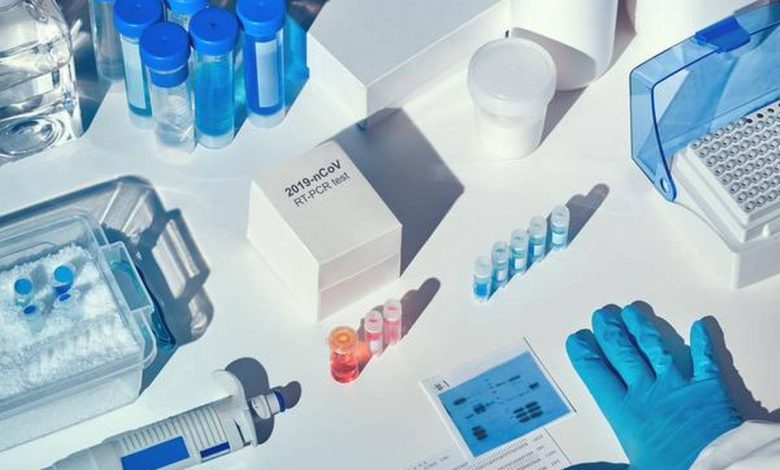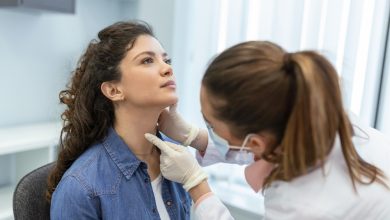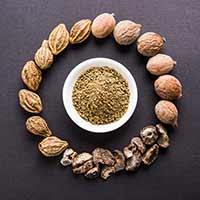What should you know about COVID 19 testing?

COVID testing is very vital to help reduce the spread of COVID-19. The exercise of COVID testing kicked off globally immediately after the epidemic was discovered. COVID 19 tests can detect either SARS-COV-2 or antibodies that your body makes after getting COVID-19 or after getting vaccinated. SARS-COV-2 is the virus that causes COVID-19.
The test for SARS-COV-2 infection is called the “viral” test. The test is done to tell you if you have a condition at the test time. Nucleic Acid Amplification Tests or Antigen are also viral tests. Your body creates antibodies after being infected with SARS-COV-2 or vaccinated against COVID-19. The tests done for antibodies tells you whether you have had a past infection with SARS-COV-2. These tests are known as “serology” or “antibody” tests.
Why should you get covid 19 testing?
Antibody tests can detect antibodies to SARS-COV-2 in your blood. Antibodies are proteins made by your immune system to help fight infection and protect you from getting sick in the future. Antibody COVID tests help scientists learn how the human immune systems defend against the virus and population-level protection. Serology tests indicate if you had a past infection, but the test should not be used to diagnose a current condition. A positive antibody test means that you had rapid COVID testing at some point, and your immune system developed antibodies to help fight the disease. Always ensure that you discuss your test results with your healthcare provider.
Viral tests during COVID testing tell you if you are infected with SARS-COV-2. Rapid COVID testing and laboratory tests are both viral tests. Samples that come from your mouth or nose are used during viral tests. Rapid tests are done in a short period, thus less time-consuming. Rapid tests can include antigen and some NAATs. On the other hand, laboratory tests are time-consuming and can take a couple of days to complete. Laboratory COVID testing can consist of RT-PCR and different types of NAATs.
Types of tests
Molecular testing involves swabbing mucus from the back of your throat or deep into your nose. The swab is then sent to a laboratory, examining for the virus’s genetic material takes place. It can take very long to get your results since it is taken to a lab for evaluation.
Rapid Covid Test
Rapid covid testing involves a similar process as the molecular test. This test can also be termed antigen testing. This type of testing is the one that is used in drive-thru testing sites, and its results are not taken to a laboratory. Rapid COVID testing is considered very accurate at identifying COVID antigens. However, it is possible to get a negative test result from a Rapid antigen test, yet you are infected with COVID because it might take some time for antigens to appear in your system.
COVID -19 self-tests are rapid tests and can be done at home or anywhere. Self-tests produce quick results and are easy to use. Self-tests are among the risk reduction measures that protect you and others by reducing the chances of spreading the coronavirus. Other protection measures may include social distancing, wearing masks, avoiding crowded places, vaccination, among others.
Rapid Covid Test Results
You should be aware that not all people infected with COVID-19 show symptoms of the disease. However, that does not mean that those without symptoms cannot infect others. Therefore rapid COVID-19 tests are often done to check if someone has the virus. The infected people should isolate themselves, thus helping stop the virus from spreading. Rapid COVID tests are a reliable test for COVID-19. Rapid tests give quick results, and one does not need to go to a laboratory; thus, they are convenient.
Rapid COVID tests kits are found in pharmacies, or you can order them online. For those who visit crowded places most of the time, you are advised to take a rapid COVID test at least twice a week and ensure you report the results.
If your covid test turns out to be positive, that means you are infected with COVID. If your COVID test results are negative, that doesn’t mean you are safe to go partying and ignoring the protection measures. Always observe the standards and guidelines set by the experts in the health industry. If you have COVID symptoms and get a negative result from a rapid test, you may proceed and undergo the molecular test as you isolate yourself, awaiting the results.
When you should consider testing for covid
COVID testing is also done regularly in schools for both students and staff. Rapid COVID testing should be carried out on people with symptoms and those who don’t show any signs of COVID -19. Many young people, especially teens, don’t show any symptoms of COVID-19. Therefore regular rapid COVID testing and vaccination will help prevent the spread of the virus. Finding those infected with COVID-19 early enough prevents the disease from spreading or causing an outbreak. Regular COVID-19 testing in schools also means that parents get notified if their children test positive for COVID-19 to know how to protect the other family members. The notification also alerts them to make arrangements for the infected child’s treatment.
Anyone who tests positive for COVID in school will be asked to stay home and will be asked about people they have recently contacted physically. This action helps in notifying everyone who might have been exposed. In addition, those who get infected should stay at home until they recover thoroughly from the virus to not contaminate other students or staff. That action helps in preventing the spread or outbreak.
Conclusion
Getting vaccinated does not mean that you cannot catch the virus or infect others. Therefore doing rapid COVID tests will help you to protect yourself and others. You should ensure you do rapid COVID tests mostly when you know you have visited crowded indoor places or have visited people who are at a higher risk of getting sick from the virus.






